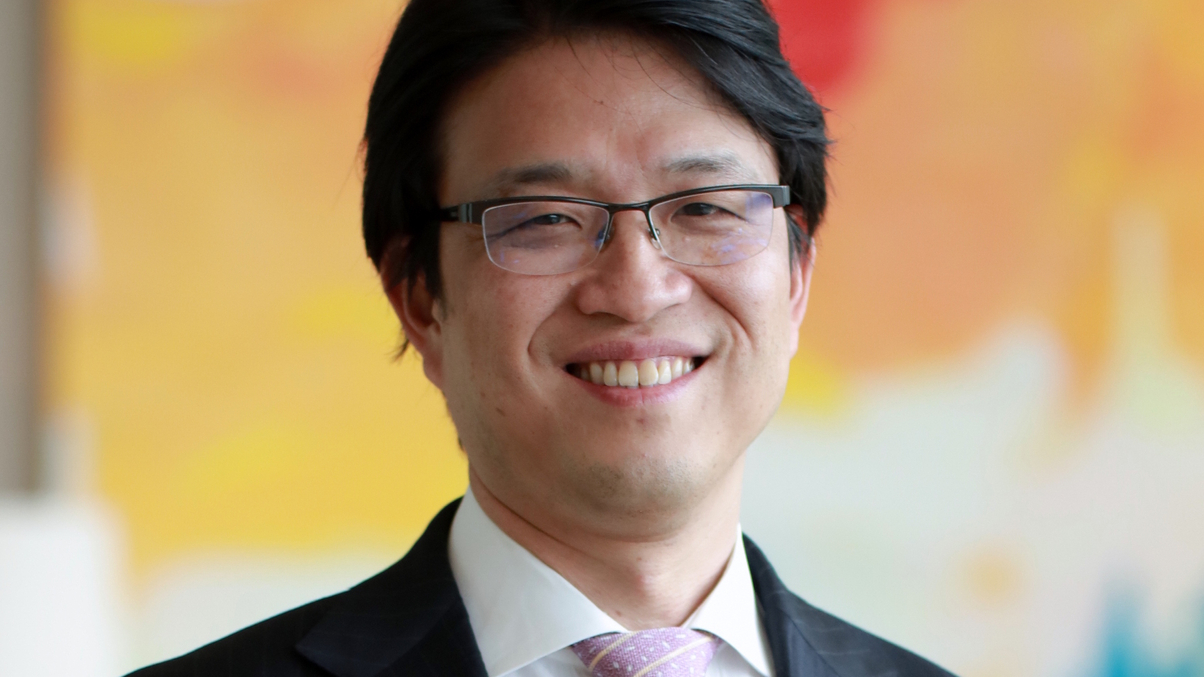GPIF CIO laments focus on short-term results
An unhealthy focus on short-term results is a big problem for asset owners, argue investment professionals, including the CIO of Japan's Government Pension Investment Fund.

Asset owners are finding it harder to conduct long-term investing due to a combination of stricter capital requirements, media obsession over quarterly pension fund performance and asset managers focused on high fees and short-term results.
Sign in to read on!
Registered users get 2 free articles in 30 days.
Subscribers have full unlimited access to AsianInvestor
Not signed up? New users get 2 free articles per month, plus a 7-day unlimited free trial.
¬ Haymarket Media Limited. All rights reserved.


